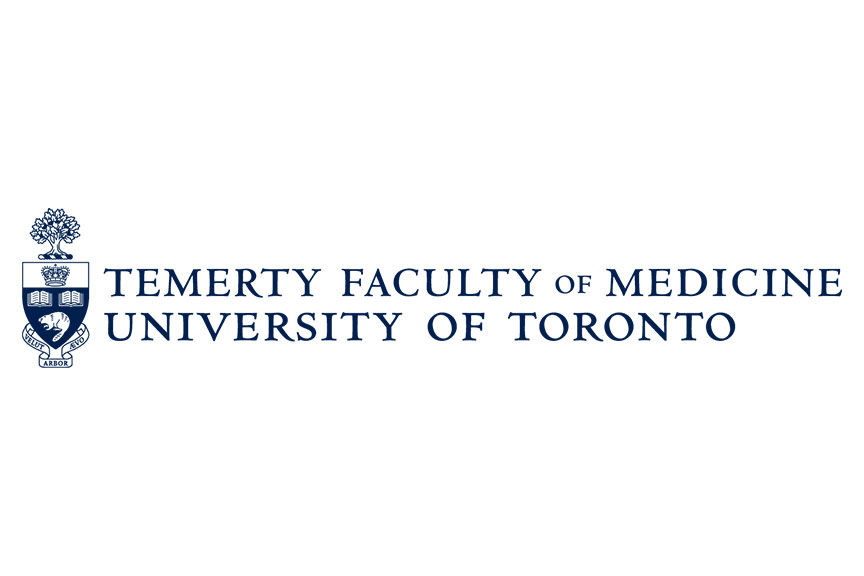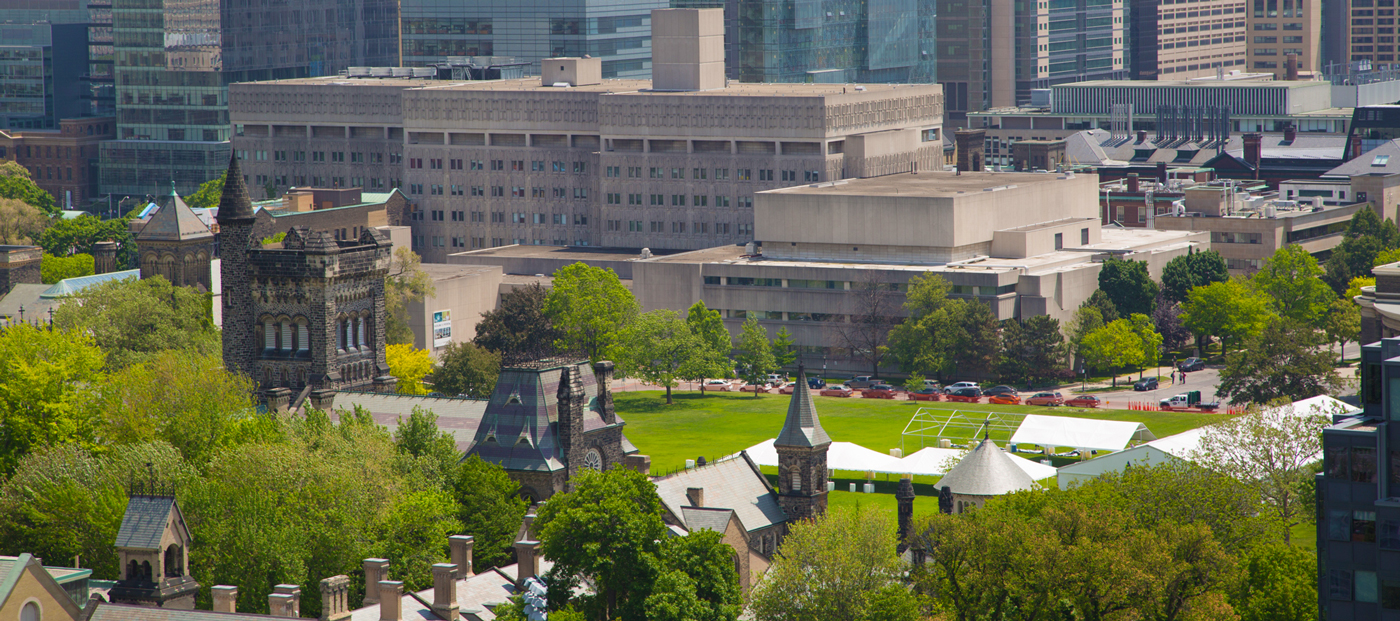

See Enhanced Skills in Family Medicine Program opportunities.
The University of Toronto’s Department of Family & Community Medicine (DFCM) is recognized internationally for its clinical and educational excellence. The goal of the program is to prepare you to practice Family Medicine anywhere in the province (urban or rural) and the country. The DFCM program has 5 Family Medicine residency streams you may apply to separately through CaRMS:
The same application should be submitted for each stream to which you apply. Only one application will be reviewed. Attendance at only 1 Virtual Interview Session is required if you apply to 1 or more of the 5 University of Toronto streams: Greater Toronto Area, Barrie or Newmarket, Midland or Orillia, Integrated Communities, and/or Integrated Communities – Uxbridge Markham. Your hospital teaching site is determined after the CaRMS match results, using a separate internal matching process. You will be asked to rank your preference of hospital teaching sites available to you depending on the stream you have been matched to.
Please see our stream specific CaRMS program description for all details.


IMG Admissions related questions: e-mail info@ontariofmp.ca, someone on behalf of the seven Ontario medical schools will respond.